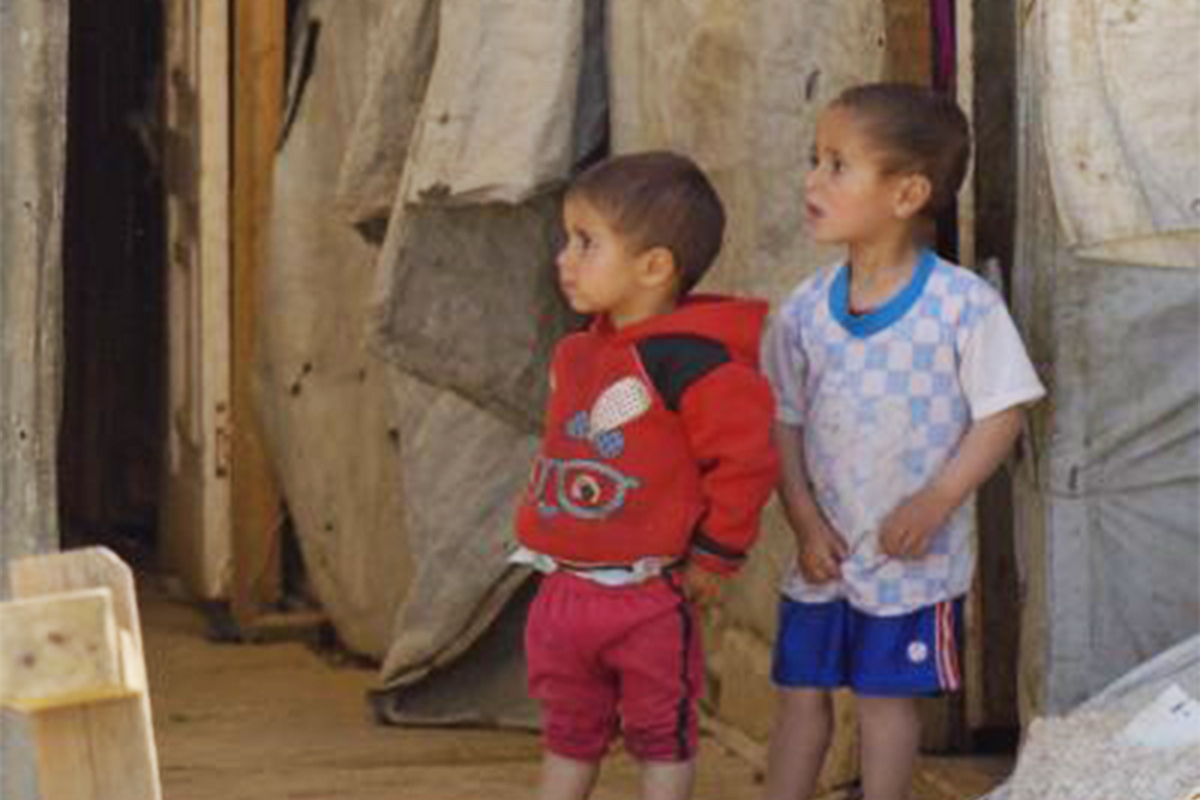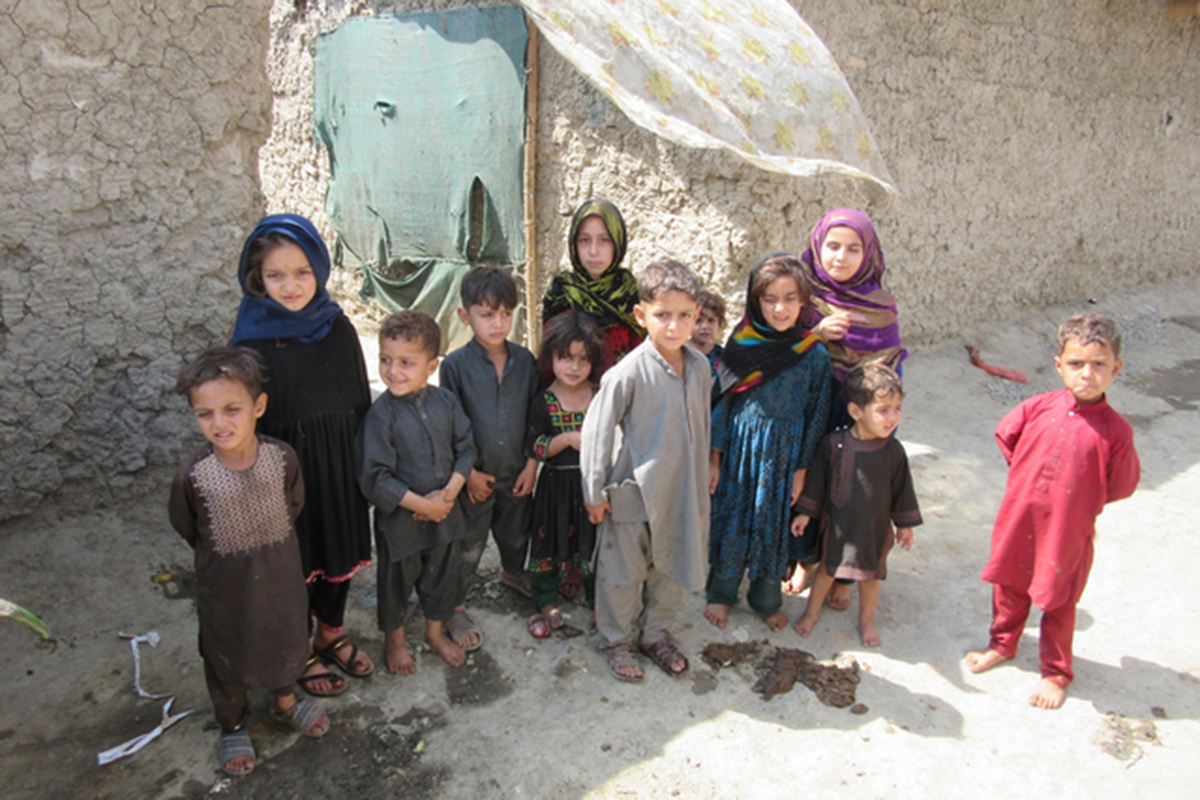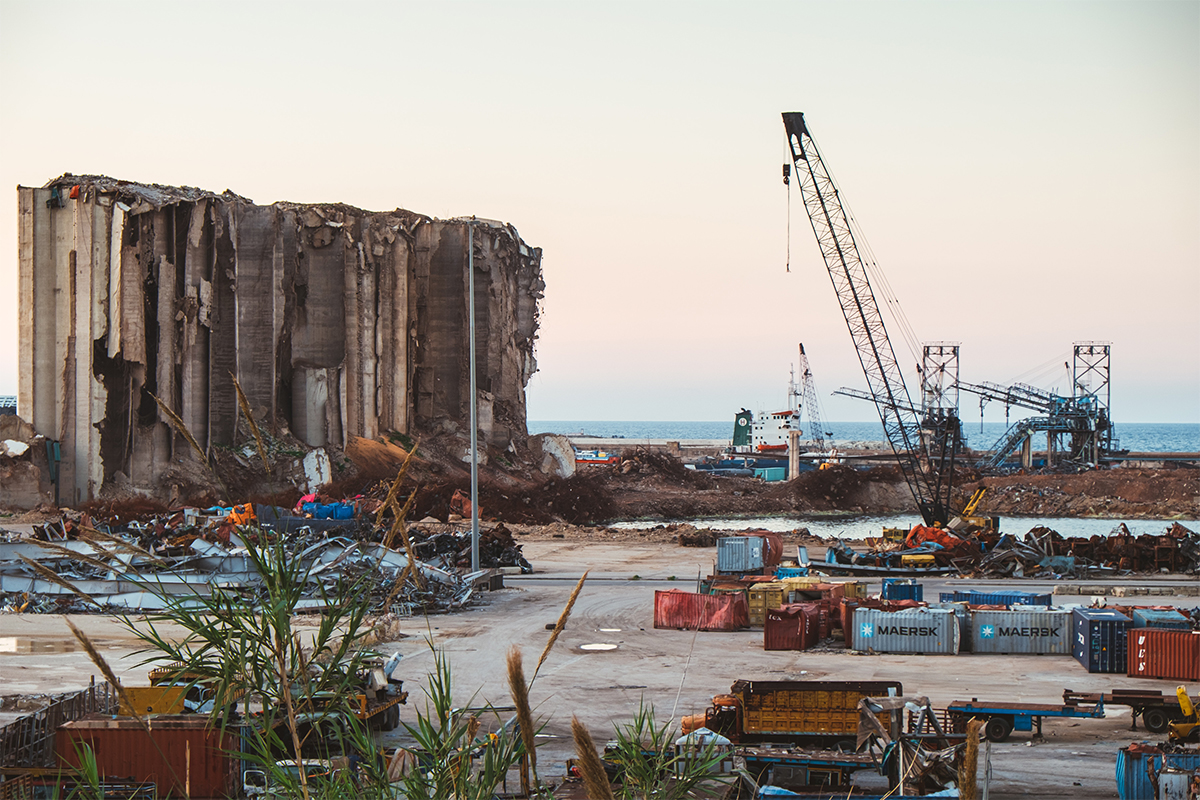One of the benefits of keeping your money in the bank is the assurance that your funds will be safe. You can take money out any time you want, and the money in your account will earn interest.
But what if, one day, most of your money just disappeared or the bank no longer allowed you to withdraw it? Or what if your life savings simply lost their value?
It sounds like something out of the Great Depression. But it’s actually the devastating — and current — reality for the people of Lebanon.
Ever since Lebanon’s economy plummeted in 2019, the country has watched the value of its currency drop by over 90%. Plus, they’re currently experiencing historic food and fuel shortages.
But what really caused Lebanon’s devastating economic crisis? What’s happening now? And how can you help the people facing growing unemployment and poverty rates?
How reconstruction went wrong

Lebanon is facing an economic crisis that has plunged its population into poverty
Though Lebanon’s economic crisis has reached a peak in recent years, it first began during the country’s reconstruction period in the 1990s — after the end of its civil war.
The government started borrowing money to rebuild the cities that had been destroyed during the war. As Lebanon prospered financially on the surface, the country began to sink deep into debt in the background. Lebanon also began to rely heavily on the U.S. dollar to support the Lebanese pound.
Where did they get such an ample supply of U.S. dollars, you ask? After the war ended, tourism skyrocketed, and foreign investors began putting their money in Lebanon’s banks. Plus, Lebanese people working abroad usually brought their payments home in U.S. currency.
The country remained relatively stable for almost two decades. But everything changed in 2011 when the war broke out in Syria, which borders Lebanon to the East. Soon, valuable investors pulled their money out of Lebanon’s banks, fearing they would lose it all in the conflict.
Lebanon’s tourism industry also suffered because of the war, and the economy’s supply of U.S. dollars dropped. Because of this, people could no longer withdraw their money in U.S. dollars from the bank.
Going from bad to worse

Rising prices and food shortages have caused a massive hunger crisis in Lebanon
But what about the Lebanese pound? Couldn’t Lebanon just use its own currency instead?
Until then, the value of the Lebanese pound had depended on the U.S. dollar. As the economy suffered from a shortage of U.S. currency, the Lebanese pound couldn’t keep up and quickly decreased in value.
Then, in 2019, the value of the Lebanese pound completely collapsed. It lost over 90% of its value in a very short amount of time, throwing much of Lebanon’s population into instant poverty.
Suddenly, people could no longer afford nearly as much with their money. To make matters worse, the government didn’t have the funds to repay the debt accumulated during the reconstruction period. As a result, the country defaulted on its loans.
As the economy tanked, Lebanon couldn’t afford to import the food it needed to feed its citizens. Shelves were bare, and the price of essentials shot up.
And just when it seemed Lebanon’s situation couldn’t get any worse, a major explosion at the Port of Beirut in 2020 and Russia’s invasion of Ukraine in 2021 plunged the even country deeper into crisis.
What current events mean for the Lebanese people

An explosion destroyed much of Lebanon’s already-depleted food stores
Lebanon’s economic collapse has piled tragedies and hardships on its people. Their money is now almost worthless. For example, if a person earned a monthly income of $900 before the crisis, their paycheck is now worth only $50.
On top of that, Lebanon is facing a severe food and fuel shortage. They previously imported most of their products, but the financial crisis has hindered how much they can buy from other countries.
And since they imported most of their grain from Ukraine, the current war has all but stalled their supply. Even if the Lebanese people did have money to buy food, it’s getting harder to find.
People are suffering from growing hunger and diminishing hope. Almost 85% of Lebanon’s citizens can’t live on what’s left of their income, especially since the banks have limited how many withdrawals they can make.
The situation has gotten so bad that parents are putting their children in orphanages because they can’t feed them. People are robbing banks to retrieve their own money. Schools have closed for long periods of time while teachers protest unlivable wages.
And in addition to the food shortages, most Lebanese citizens are experiencing frequent power outages and blackouts. In fact, most people are living on only an hour or so of electricity a day. That means they must live without heat and running water.
How you can help

Refugees and civilians in Lebanon are desperately waiting for help to come
The people of Lebanon are experiencing poverty, hunger, and disease outbreaks because of the worsening crisis. And there seems to be no end in sight. But you can provide help and hope to the suffering and desperate people in Lebanon.
First, you can pray. Pray for a solution to Lebanon’s economic crisis. Pray for the leaders to make wise decisions for the country’s future. Remember the people who don’t have access to food, clean water, or fuel. Pray for those who have lost their jobs and life savings.
You can also help by giving financially. When you give to help where needed most, you’ll provide people in Lebanon and other countries around the world with essentials like food, clean water, medical care, and more. These supplies will be a lifeline in their greatest time of need. You’ll also show them the love of God in a tangible way.
To learn more about how you can help Lebanon and other countries in need, click the button below.




